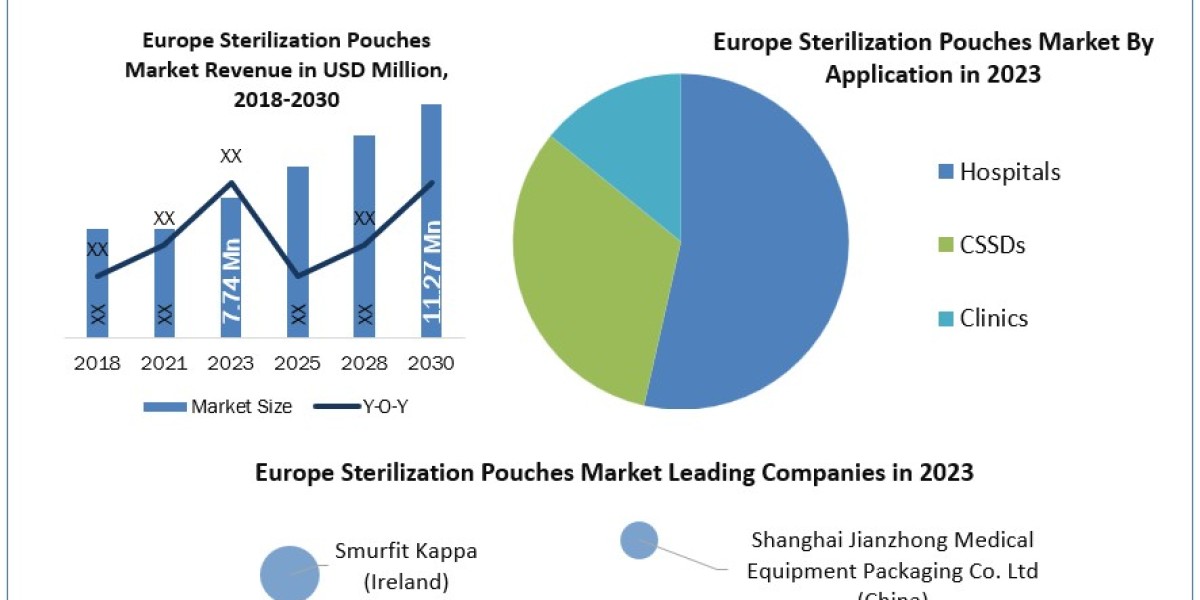Embracing Personalized Marketing Strategies for Modern Brands
Understanding Personalized Marketing
Personalized marketing involves using data to deliver messages, ads, and content that cater to individual customer interests and preferences. By customizing the customer experience, brands can boost engagement, improve conversion rates, and reduce marketing costs. This approach relies on segmenting audiences and analyzing behavioral data to create meaningful interactions, making customers feel valued and enhancing overall brand loyalty.
Case Study: Quantzig’s Personalized Marketing Solution for a Retail Brand
Client Overview
The client is a leading retail manufacturer in the U.S., renowned for its extensive range of products.
Challenges with Their Existing Marketing Strategy
The client's marketing efforts lacked personalization, leading to inconsistent campaign results, high acquisition costs, and lower returns on their marketing spend.
Quantzig’s Tailored Approach
Quantzig crafted an integrated personalized marketing platform for the client by leveraging customer data, including preferences, demographic and psychographic information, purchase history, and preferred communication methods. Key elements of the solution included:
- Analyzing previous campaign performance and survey feedback to understand customer behavior patterns.
- Developing a tailored system for delivering customized messages to specific customer segments.
- Providing data-driven recommendations for the best times and channels to engage customers.
Results Achieved
The personalized marketing solution delivered a 15% improvement in ROI for the client’s campaigns. The insights gained enabled the client to better target channels and optimize budget allocation based on campaign effectiveness.
Key Personalized Marketing Strategies
Identify Customer Needs
Understanding customer needs at different stages of the sales journey is essential for effective personalization. Collecting insights through surveys, feedback, and user testing can help identify what customers want and how to address their expectations.Recognize Potential Customers Across Multiple Channels
Creating a cohesive customer experience across various channels and devices is crucial. Centralizing data on customer interactions helps to maintain a seamless experience and tailor future communications to individual preferences.Anticipate Future Needs
Brands can use customer behavior and browsing patterns to predict future needs and offer relevant products or content. This proactive approach can enhance customer satisfaction and increase sales opportunities.
Real-Life Example: Sephora’s Personalization Strategy
Sephora’s personalized marketing strategy is a prime example of success. The brand delivers a consistent experience across both digital and in-store channels. Their loyalty program rewards top customers with exclusive perks, effectively boosting sales and customer retention.
Tackling Challenges in Personalized Marketing
Personalizing marketing efforts on a large scale requires specific tools and strategies to be effective:
Analytics Platforms
Tools such as Google Analytics collect valuable behavioral data, which can be used to inform personalized marketing efforts.Data Management Platforms (DMPs)
DMPs consolidate customer data, enabling marketers to create more targeted audience segments and refine ad performance.Customer Relationship Management (CRM) Software
CRMs store detailed customer information, making it easier to personalize communication across different marketing channels.Landing Page Optimization
Customized landing pages improve conversion rates by aligning the content with the associated ad message, making personalization more effective.Email Marketing Solutions
Emails tailored to customer behavior, preferences, and past interactions see higher engagement and open rates.Tag Management Tools
Tools like Google Tag Manager simplify the collection and management of user data, enhancing the accuracy of marketing campaigns.Demand-Side Platforms (DSPs)
DSPs automate real-time ad placements, targeting users based on browsing behavior and other key factors.
The Future of Personalized Marketing
To stay ahead in personalized marketing, brands need to:
- Invest in advanced data analytics capabilities.
- Cultivate talent that bridges the gap between technology and marketing strategies.
- Encourage collaboration between marketing and IT teams to streamline personalization efforts.
Conclusion
Personalized marketing is transforming how brands connect with customers, driving higher ROI and enhancing customer experiences. By harnessing data and employing the right tools, companies can craft targeted messages that resonate with individual customers, paving the way for sustained growth and long-term success.
Explore Quantzig’s Personalized Marketing Solutions
Experience the power of Quantzig’s personalized marketing approach by scheduling a demo. Discover how our platform can elevate your customer engagement and increase conversions with a complimentary trial tailored to your business needs.


